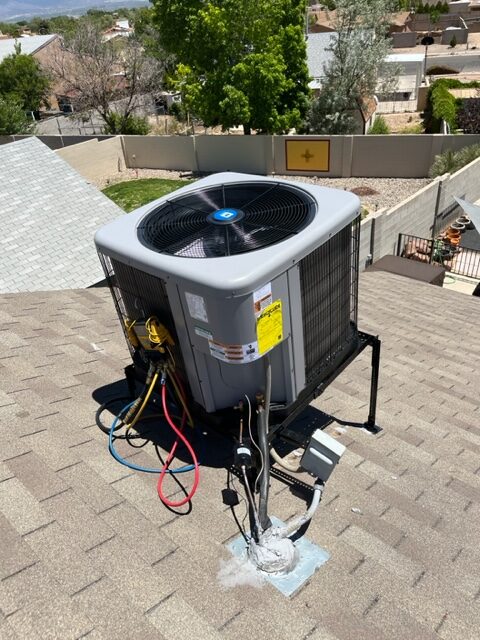
If your home is feeling like an icebox in winter or a sauna in summer, your HVAC may be struggling. Getting an inspection can tell you what’s going on and how urgent repairs may be.
For people who don’t know, HVAC stands for your heating, ventilation, and air conditioning systems. That includes your furnace or boiler, air conditioners, ductwork, and more. So, an inspection looks at all those components to see how they’re holding up.
Why Bother with an Inspection?
Two main reasons for getting an HVAC checkup:
- Regular Maintenance – Like changing the oil in your car, yearly tune-ups help your systems run smoother and last longer. An inspection spots little problems before they turn into big headaches.
- Buying a Home – When dropping big bucks on a house, you want to know what you’re getting into. An inspection gives the lowdown on hidden and expensive HVACs. Then you can insist the sellers repair issues or lower the price.
Either way, you’ll breathe easier knowing what shape this vital equipment is really in.
What’s Checked in an Inspection?
When the HVAC tech shows up, they’ll give your systems a bumper-to-bumper lookover. That includes:
- Testing controls and refrigerant levels – Makes sure the “brains” work right and enough coolant circulates to remove heat and cold air.
- Inspecting condensers, coils, pumps, and pans – Cleans out leaves, dirt, and gunk building up over months or years of operation. Checks for cracks or damage too.
- Checking ducts for air pressure and leaks – Blocked or leaky ducts make your HVAC work overtime, wasting money.
- Verifying electrical supply and components – Faulty wiring or power fluctuations spell trouble that the tech can detect.
- Listening for odd noises – Weird rattles, grinding, or squealing sounds often foreshadow future breakdowns.
- Documenting system age – Gives you a heads up on maintenance needs and how much more life those old units likely have.
Keep your ears open as the HVAC pro shares what they spot. It’ll clue you in on what may need fixing soon.
Using the Inspection Intel
When you get the written inspection report, use it to guide next steps:
- For home maintenance, watch for age, required repairs, or hints parts are wearing out. Deal with any problems ASAP before things fail when you need them most.
- For a home purchase, let it shape your negotiating position. Big issues may require replacing units sooner than you’d like. But in any case, it’s better to know upfront!
However you use your HVAC inspection intel, it’ll pay a lot in comfort and savings down the road. Let me know if you have any other home maintenance questions!

